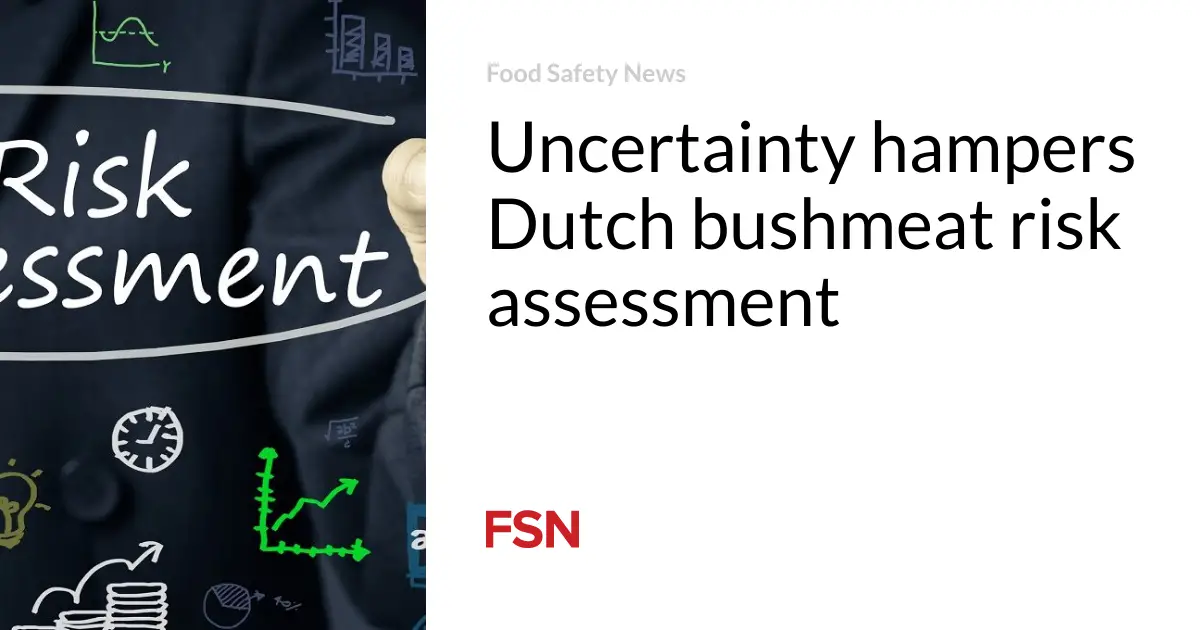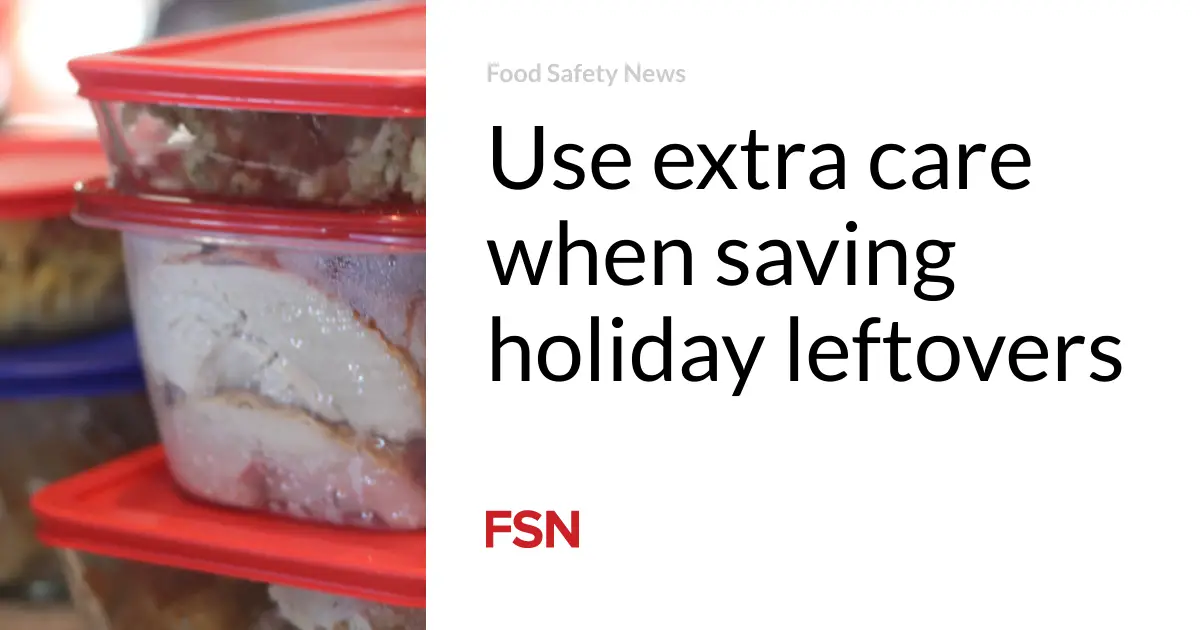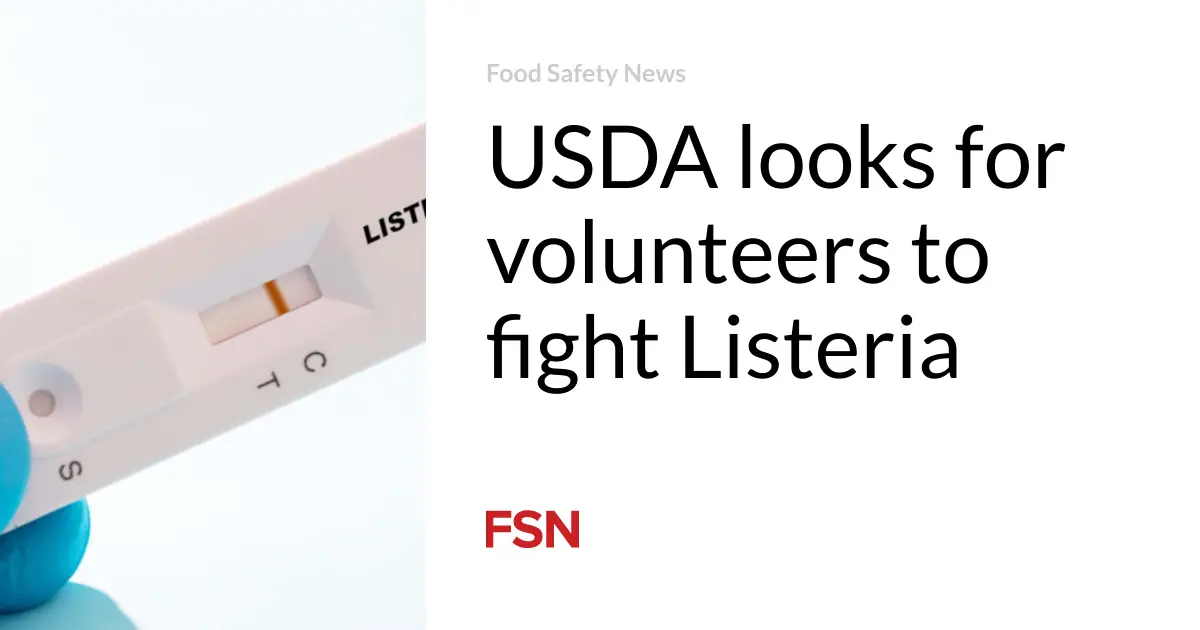
According to a Dutch assessment, there is a high level of uncertainty around the risks posed by eating bushmeat.
The Office for Risk Assessment and Research (BuRO), part of the Netherlands Food and Product Safety Authority (NVWA), looked at the microbiological and chemical risks to consumer health from the consumption of bushmeat, as well as traditional medicines from bushmeat.
The assessment revealed very limited information about the consumption frequency of bushmeat in the Netherlands and no info about quantities. It was unknown which pathogens or chemical substances were present in imported bushmeat. The scientific literature on microbiological hazards in the bushmeat chain mainly described the African continent, meaning the situation in Asia and South America was much less clear.
Findings and advice
BuRO could not guarantee the chemical risks to the health of Dutch consumers because of a lack of data and too many uncertainties.
While there was also much uncertainty in the microbiological risk assessment, some conclusions were made. The risk of illness caused by Bacillus anthracis is probably very small. However, there is a real risk of disease caused by pathogens in bushmeat due to poor hygiene during storage or transport.
While bushmeat processed and prepared traditionally is unlikely to be a source of pathogens, raw or undercooked bushmeat could pose a risk.
BuRO said bushmeat must be considered an unsafe food because of its illegal nature and the absence of legal guarantees concerning safety and traceability. Bringing meat products for personal consumption from countries outside the European Union is not permitted.
The agency’s advice to the Minister of Agriculture, Nature, and Food Quality included mapping the extent of illegal bushmeat imports, examining which species meat comes from, what pathogens and chemical substances can be found and in what quantities, look at how West African and other communities in the Netherlands prepare bushmeat, how often they eat it and in what quantities and educate consumers about the risks of bushmeat consumption.
(To sign up for a free subscription to Food Safety News, click here.)







